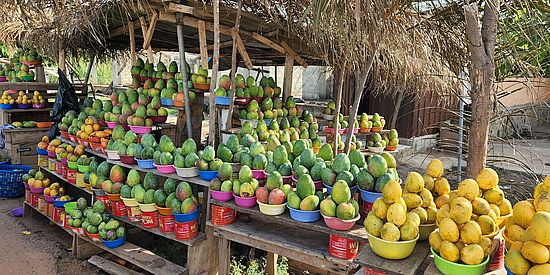
Social Anthropology
Subject librarian
Quick Links
Anthropology demands the open-mindedness with which one must look and listen, record in astonishment and wonder that which one would not have been able to guess.
Margaret Mead
Subject-specific training courses
Regular introductory courses take place as part of the undergraduate seminars for students of social anthropology (introducing the library catalogue, library holdings, and subject-specific information as well as other electronic resources). The dates will be published here in good time.
All training courses
For an overview of all training courses on offer at the University Library – from an introduction at the beginning of the semester to subject-specific training courses, guided tours through the library, reference management, etc. – click here.
Specialist institutions at the university and in the Basel region
Bibliographies | Databases
Portals and resources for research on Africa
University Library holdings
General
- key literature
- reference works and encyclopaedia
- journals, wherever possible with online access
- online bibliographic databases accessible within the university's network: Anthropology plus, IBSS, PCI, Scopus, Web of Science
- historical collections
Social Anthropology
- research literature, regional monographs worldwide
- wenig Ausstellungskataloge und Museumsführer
- selected exhibition catalogues and museum guides
- selected publications relating to material culture
African Studies
- all subject librarians purchase literature pertinent to Africa for their areas of expertise
- Library of Al Imfeld, Africa-specialist and development expert
Other acquisition aspects
- continuity: even if the research focus of the university shifts, the basic supply of literature in the entire area and the sub-disciplines of African Studies will be maintained
- languages: focus on literature in Germand and English, with a lower proportion in Romanic languages
- online access is preferred for journals
Libraries with additional holdings
- Shared Library of the “Museum der Kulturen” and the Institute of Social Anthropology
- Basler Afrika Bibliographien
- Mission 21 Library
- Library of the Swiss TPH
